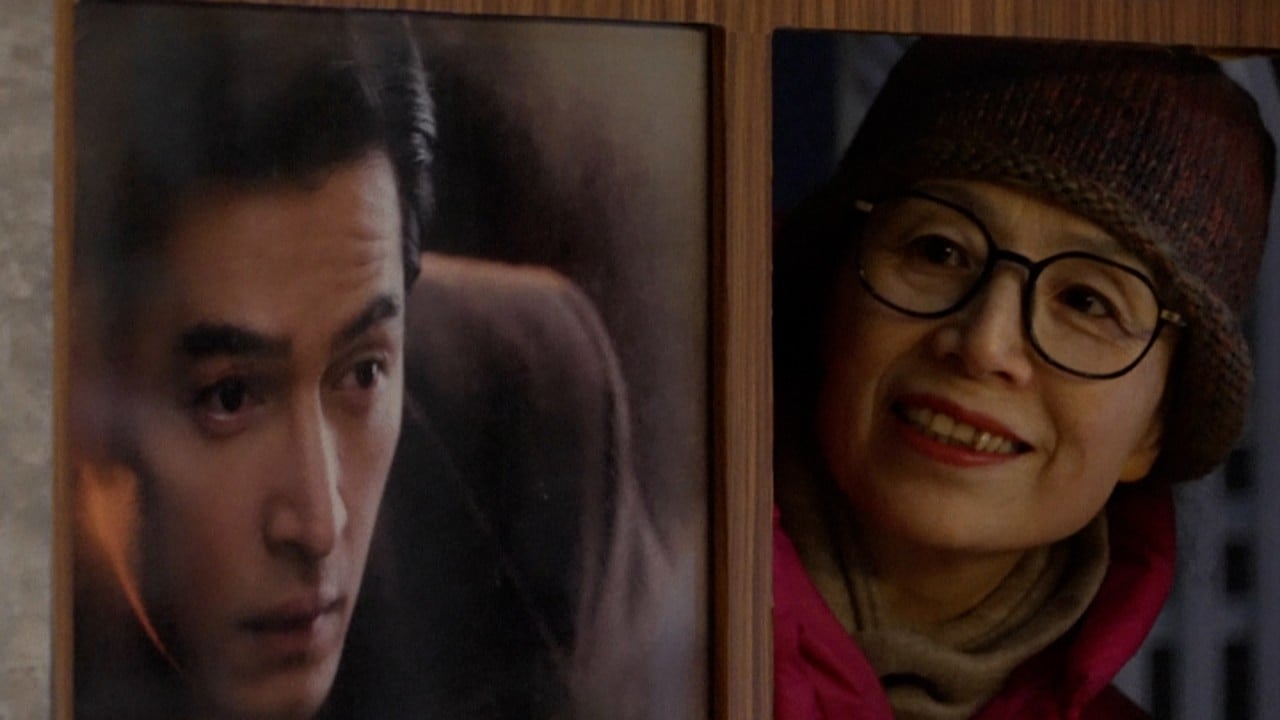Wilting fortunes: Wong Kar-wai’s Blossoms Shanghai drama series offers stock investors painful reality check on past glory
- China’s capital market, valued at US$13 trillion at its peak in December 2021, has withered by one third since then
- Stocks listed in Shanghai, the largest of three mainland bourses, lost US$1.45 trillion of their value since the peak

Blossoms Shanghai, Hong Kong filmmaker Wong Kar-wai’s hit about the heady opportunities and possibilities during the early 1990s in China’s financial hub, has captured the collective nostalgia of an entire nation, in more ways than one.
Fans of the wildly popular 30-episode drama have been flocking to the restaurants, bars and clubs featured and visited by the show’s protagonist since its release on December 27. His Huanghe Road neighbourhood, a hub for Shanghai’s Xiao Long Bao (dumplings with a filling of minced pork) and other time-honoured delicacies, is now the must-go destination for out-of-town visitors.
Set in 1992, Blossoms tells the story of A Bao, who struck it rich by punting on the earliest stocks listed on the Shanghai Stock Exchange, highlighted by a concoction of buying craze, wild price swings and insider trading subplots. At the end, A Bao transformed into Mister Bao as he emerged triumphant against a powerful rival in a stock market showdown.
At the time of the drama’s setting, Shanghai’s equity market in real life was barely two years old. The all-share Shanghai Composite Index soared 167 per cent that year, on top of 129 per cent in its debut year, according to exchange data. That back-to-back rally was Shanghai’s best two years on record.
“It is all tears and sorrow now, when people like me look back at the stock market,” said Lu Shunxi, a stock punter since trading first began in Shanghai in November 1990. “The birth of China’s stock market gave an opportunity to novice investors who were drawn to a casino-like market to gamble and prosper.”
For a quarter of a century, Shanghai’s stock market rode on China’s economic engine, which roared along at an average of 10 per cent every year from 1994 to 2007. After the 2008 Beijing Olympics, annual growth slowed to an average clip of 7.6 per cent through 2022.

